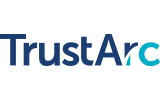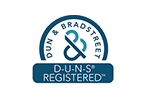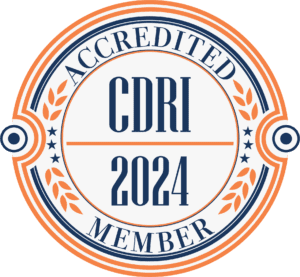Debt Settlement Programs vs. Debt Counseling Programs
For many people, even those who are not currently in serious debt, the thought of not being financially stable is nearly debilitating. Along with putting a dampening mood on your outlook for the future, it also just seems confusing with so many debt relief options available. Many people get stuck between two popular options — debt settlement vs debt counseling. Both have their list of benefits for different people, and Liberty Debt Relief wants to make sure that you pick the choice that is right for your situation. Find out if you should choose debt settlement or debt counseling below.
Debt Counseling
It is easy to see why people want as much guidance as possible when it comes to handling their finances. Between understanding the various interest rates and fees, understanding how to work with multiple lenders simultaneously, and knowing how to effectively manage your income and expenses, it can be extremely stressful, especially if your experience is limited. Debt counseling is a good choice if you believe that you need some additional advice. Program counselors will help you outline exactly what you can implement in your life to try and help you stay out of debt for the long haul.
With a debt counseling program, you can receive specific information regarding your budget so that you can not only address your current financial situation but also plan for the future. Under this program, also known as a debt management plan, you can also seek consolidated loans or other forms of debt relief.
Working with this instead of a debt settlement program, however, is essentially working within an educational seminar. Many credit counseling companies are nonprofits that provide free information regarding getting out of debt but do not actually take any active steps to help you eliminate the debt you are concerned about. Rather than working on your behalf to settle accounts you owe money to, reduce interest rates and fees, or consolidate multiple debts, they simply teach you daily, weekly and monthly tasks that can help prevent debt in the future.
Debt Settlement
While some people prefer more structured guidance with debt counseling, the truth is that debt settlement programs are often the most cost-effective and helpful option. At the end of the day, debt counseling puts the actual process of short term debt relief completely in the hands of the customer. Debt settlement, on the other hand, allows you to adopt a solution that works in the long term while also inadvertently teaching you how to better manage your finances in the future.
The beauty of debt settlement is also that you can actually lower the amount of unsecured debt you owe, which is usually the most pressing part of any debt relief program. With debt settlement, a debt relief consultant with years of experience will work with you one on one to come up with a plan that you can afford and that actually benefits you financially for the years to come. After meeting with you to understand the state of your finances, they will allow you to take a step back from the debt relief process and work on your behalf to contact lenders and banks.
Debt counseling specialists, however, do not negotiate a lower overall payment amount with your lenders. At most, they will convince your lenders to extend your repayment period. While this may not lower your monthly payment, it adds more money to your total debt. If they extend your repayment period from three years to five years, for example, you have an additional 24 months of compounded interest on your loan, which can actually be several more thousands in debt. Essentially, if you are looking to actively reduce your current outstanding balances, debt settlement may be the best choice vs debt counseling.
Take Action Now
Implementing healthy financial tasks into your everyday life is a great way to create a secure a sustainable future for you and your family. While this sustainability is crucial, there is no way to prevent debt if you are already buried within it. When it comes to choosing debt settlement vs debt counseling, the best thing you can do if you are struggling financially is to get started with a settlement program. Liberty Debt Relief will not only help you lower your outstanding balance, waive fees, and reduce your interest rate, but will make sure that you can restart your financial well-being with the essential skills for success. Call us today to find out how you can abolish your existing debts with a debt settlement program and get started on your way to a successful future of wealth, health, and happiness.








